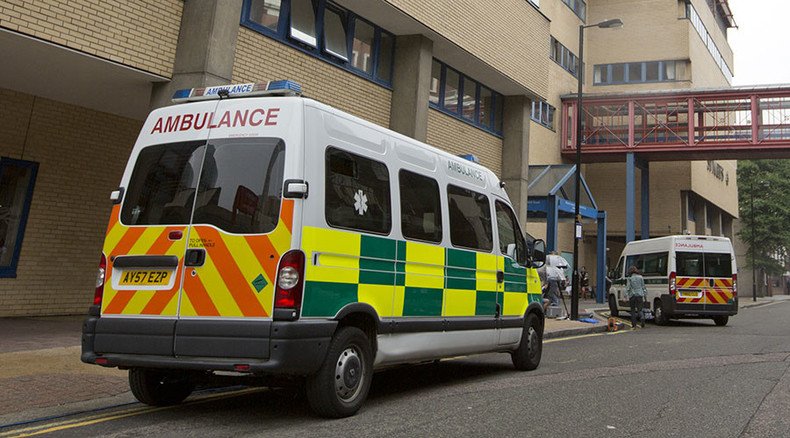Holding health service to account? FoI requests could cost £4,000 under Tory plan

Conservative Party plans to crack down on Freedom of Information (FoI) rights could see charges of up to £4,000 levied on those gathering data on National Health Service (NHS) structures such as clinical commissioning groups (CCGs).
Most public institutions are required to answer FoI requests for free, but under new plans reportedly under consideration by a commission set up by the Tories, some areas of the NHS could charge up to £20 per request.
Under the plans, CCGs would charge the maximum amount, meaning requests on all 209 groups would cost £4,180.
A request into the 155 acute trusts would cost £3,100 in total, and information of the 56 mental health trusts and 43 community providers would cost £1,120 and £680 respectively.
Even requesting information on the ten ambulance trusts would cost £200.
FoI legislation has helped cast light on the health service, revealing the extent of creeping privatization.
Pricing investigators out of data requests may have an ulterior motive. The NHS continues to prove a sore-point for the Conservative administration.
Its plan to open more surgeries seven days a week was condemned by chief medical staff on Tuesday. Professor Jane Dacre told the Guardian the “utopian” plan would fail due to a lack of doctors and money.
Dacre called the pledge unrealistic, citing the £2 billion deficit and the inadequacy of support services, as well as a severe shortage of doctors, nurses and other members of staff.
Seven-day NHS services are meant to come into effect by 2020.
“I certainly have concerns about our capacity – not our capability – but our capacity to deliver some of the manifesto promises, particularly in an environment where we’re constantly being told how difficult it’s going to be financially,” she said.
“This idealized utopian NHS where you can have seven-day services, access to care seven days a week … sounds brilliant, but I suppose the best predictor of future performance is past performance.
“And it’s difficult to see how that vision is achievable in the length of time that we’ve been given to achieve it. There are an awful lot of things that need to be fixed before we can start moving onto the big picture,” Dacre added.












